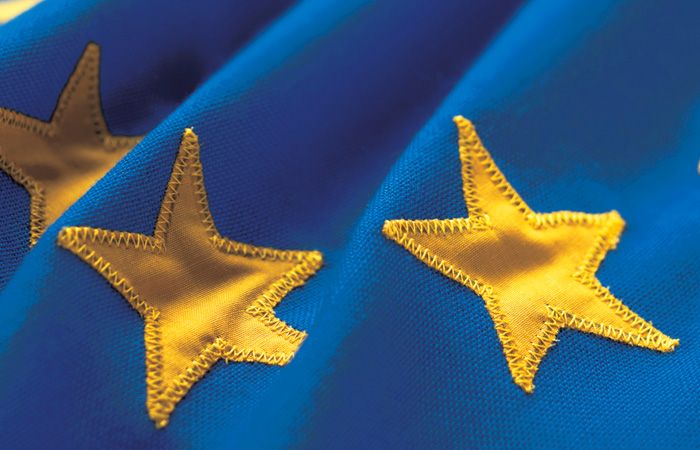
The European Central Bank has cut interest rates for the first time in five years by 0.25% to 3.75% — beating the Bank of England and the US Federal Reserve to ease borrowing costs in its region.
The reduction will add to calls for the British central bank to lower its 5.25% rate when its rate-setting Monetary Policy Committee meets on 20 June.
The ECB’s rate cut, the first since September 2019, comes after eurozone inflation fell to 2.6% from a peak of 10.6% in October 2022 — although prices have ticked up from 2.4% in April.
Europe’s central bank, led by president Christine Lagarde says: “Underlying inflation has eased, reinforcing the signs that price pressures have weakened, and inflation expectations have declined at all horizons.
“At the same time, despite the progress over recent quarters, domestic price pressures remain strong as wage growth is elevated, and inflation is likely to stay above [its 2%] target well into next year.”
Largade warned that a weaker world economy, an escalation in trade tensions between major economies, Russia’s war against Ukraine and conflict in the Middle East are all threats to eurozone growth.
Economists are divided on the pressure this puts on the US and UK central banks to follow suit. Money markets are currently betting that the BoE will cut rates in September.
Quilter Investors investment strategist Lindsay James says: “The ECB has stolen a march on the Bank of England and Federal Reserve – who are both potentially still a few months away from cutting – and will breathe life into an economy that desperately needs some form of stimulus.
“This move also focuses eyes on the BoE, who will make its decision in a couple of weeks. The major central banks will not want to diverge too far from one another, and with political risk being ratcheted up, they also won’t want to be seen as too influential.”
Lagarde warns markets that the ECB’s cut should not be seen as evidence that further reductions would quickly follow.
“We are not pre-committing to a particular rate path,” the ECB president points out.
Deutsche Bank chief European economist Mark Wall adds: “The [ECB] statement arguably gave less guidance than might have been expected on what comes next.
“In that sense, the immediate tone is a ‘hawkish cut’. This is not a central bank in a rush to ease policy.”



